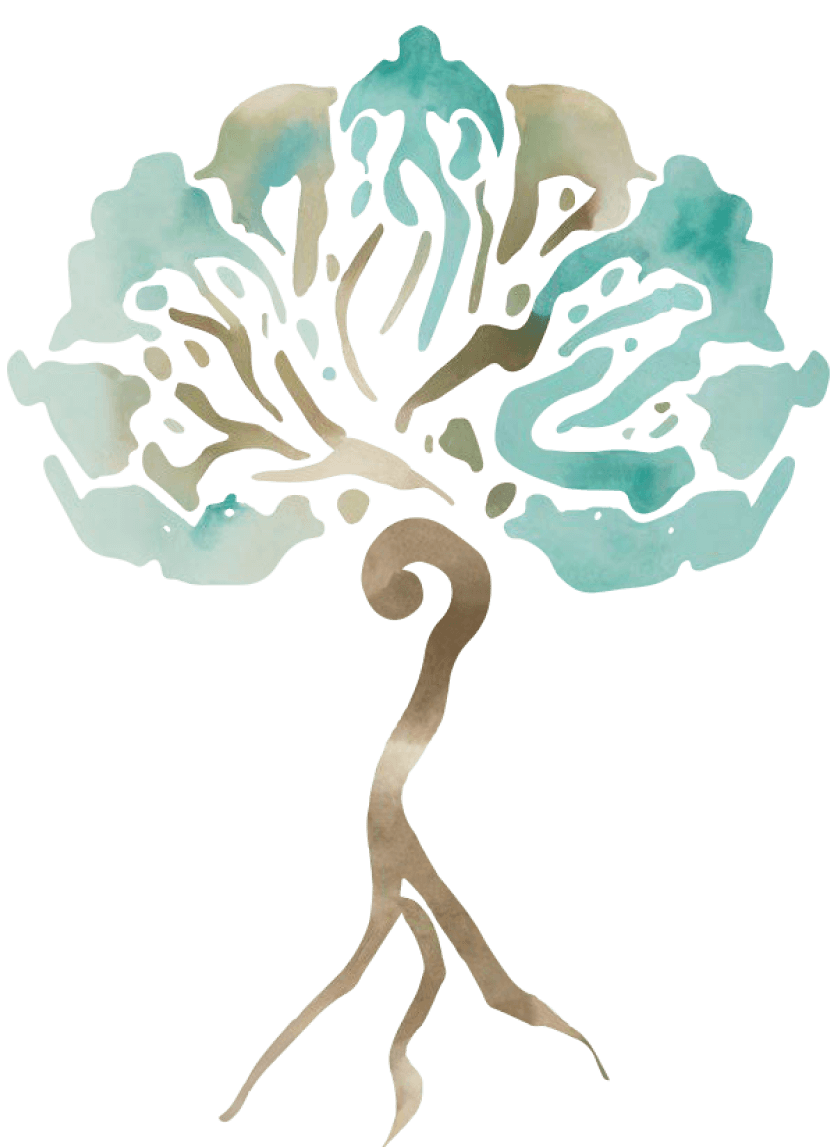Attention Deficit Hyperactive Disorder (ADHD)
ADHD is a psychiatric disorder with a significant increase in diagnosis and traction in awareness globally.
What are ADHD in adults
Attention deficit hyperactive disorder (ADHD) is a psychiatric disorder with a significant increase in diagnosis and traction in awareness globally. ADHD can be simply surmised as inattention, hyperactivity and impulsivity so severe it impairs one’s ability to conduct day-to-day activity and social relationships. ADHD is also known to be a neurodevelopmental disorder with a high disease burden; essentially, it can stunt one’s development and impact one’s quality of life.

In Singapore, an estimated 5% of the population struggles with ADHD. However, we believe this number may be underestimated as there is a lack of research, particularly on the prevalence of ADHD among adults.
What causes ADHD in adults?
The exact cause of ADHD remains ambiguous; however, it has been ascertained that ADHD is not just a psychological disorder but also a biological one. Issues pertaining to attention and function are often related to issues in the prefrontal-striatal circuits of the brain. On the other hand, the issues relating to hyperactivity are usually associated with deficiencies in the frontal-limbic circuits. This essentially affects the brain’s reward and motivation systems.
There are also theories hypothesising that ADHD may develop as a result of environmental cues, brain injuries, and nutrition.


What are the symptoms of ADHD in adults?
Signs of ADHD in adults vary greatly from children. This can make identifying the disorder tricky, especially if patients are oblivious to how they differ from peers. Often, adults may end up isolating themselves under the assumption that they do not socially fit in with their peers (social dysfunction), increasing the risk of developing social anxiety. Symptoms of ADHD can be divided into 3 subgroups:
Inattentive
Patients with inattentive ADHD tend to struggle with paying attention to details. Difficulties staying on and completing a singular task is a recurring theme. These individuals may also struggle with following instructions and learning new materials and are often overwhelmed with confusion. Inattentive ADHD patients are also often restless and fidgety.
Hyperactive and impulsive
Patients with hyperactive and impulsive ADHD tend to be impacted in the social aspects of life. These individuals tend to interrupt conversations inappropriately, speak excessively or out of turn. Like attentive ADHD, hyperactive and impulsive ADHD patients are also restless and fidgety. They may also be severely impatient, often leading them to be quick-tempered and short-fused. The impulsiveness of their nature can expose them to dangerous and risky situations, such as conflicts.
Combination ADHD
In many patients, we may find a mixture of inattentiveness, hyperactivity, and impulsivity. A combination of 6 inattentive symptoms and 6 hyperactive and impulsive symptoms usually qualifies a patient as a combination type adhd.
Is it possible to develop ADHD as an adult?
For an extended period, ADHD was considered a childhood neurodevelopmental disorder. However, recent evidence suggests it is likely that adults develop ADHD independent of their childhood. It has been proven that ADHD in adults has unique developmental patterns of progressions, thus increasing the need for addressing them as such. Simply put, it may not just be a case of ADHD going undiagnosed as a child, but rather the individual developing the disorder in their adult phase due to different causes.
Who is at risk of developing ADHD in Singapore?
Some factors have been established to increase the risk of an individual developing ADHD. Note that most of these factors are linked to childhood factors as causes of independent adult ADHD have yet to be established;


- Genetics: if a biological parent or sibling is diagnosed with ADHD, the likelihood of a patient developing the condition significantly increases.
- Congenital factors: patients born with larger or smaller segments of the brain may be more prone to developing ADHD. Additionally, those born premature also have an increased risk of developing ADHD. A potential explanation behind the phenomena is the imbalance or underdevelopment of neurotransmitters in the brain.
- Brain injuries: brain injuries that occur in the womb or as an adult may also lead to the development of ADHD in adulthood.
- Neonatal diseases: individuals diagnosed with conditions such as hypoglycaemia, severe hyperbilirubinemia, serious chronic kidney disease, serious chronic liver disease, and immunodeficiency diseases within 28 days of birth have an increased risk of developing ADHD.
- Prenatal exposure: mothers who smoke cigarettes during pregnancy have been associated with the development of ADHD in their children. Additionally, environmental exposure to lead in pregnant women has also been positively associated with ADHD development in children.
How is ADHD in adults diagnosed in Singapore?
Our psychiatrist will assess you during your visit to our clinic. This assessment would include identifying potential risk factors, gauging the severity of your condition and examining any physical symptoms you may be presenting.
Contact us now to learn more about what this visitation may entail. It is important to note that a physical consultation (face-to-face) is necessary for at least the first consultation per the guidelines set by the Ministry of Health (MOH, Singapore).
What are the treatment options for ADHD in adults in Singapore?
Treatment of ADHD in adults involves one or a combination of a few different treatments. Each patient’s requirement will be unique depending upon the type of ADHD they are diagnosed with. Some examples of treatment include;
Behavioural and talk therapy
This includes evidence-based psychological treatment such as cognitive-behavioural therapy. These sessions will address issues such as attention, emotional, and relationship difficulties. Additionally, tools to remedy executive functioning deficits will be provided to manage ADHD effectively. Talk therapy is essential in guiding patients to reframe their thought patterns and to perceive ADHD as a “problem-solving” issue rather than a lifelong sentence.
Medication
If necessary, you will be prescribed psychiatric medication to improve the levels of neurotransmitter chemicals. Our service does not stop at prescription; you will be monitored and assessed to determine the efficacy of the medication and overcome side effects if any are present.
Collaborative care
If patients request or authorise third-party involvement, we will work with individuals of your selection to help you in your journey of recovery
Frequently asked questions
How do I know if I have ADHD?
ADHD is a tricky condition as most patients with the disorder are unaware of their symptoms. They may perceive their behaviour as the norm and tend not to be able to identify their differences from their peers. The surest way to know if you have ADHD is to visit a mental health professional. In our clinic, patients are drawn to seek professional help because they are frustrated over their inability to progress professionally or due to the continuous breakdown of their relationships. Patients tend to realise their impulsivity or inability to focus severely impacts their day-to-day life, thus motivating them to seek resolution. You may even opt to ask your loved ones;
- Do you think I’m impatient?
- Do you think I am unusually impulsive?
- Do you think I am forgetful?
- Do you find me to be unreliable?
If the answer to these is “Yes”, and you are aware that these are not actions you take consciously but instead occur out of control (or beyond your awareness), it is a good indicator to have yourself assessed and possibly obtain a diagnosis.
Can ADHD be cured, or will it go away?
While there is no cure for ADHD, it can be well managed with the proper treatment. Here at Connections MindHealth, our primary agenda is to help our patients regain their authority in life. With the appropriate guidance and treatment, you can overcome the limitations presented by this condition.
Does insurance cover treatment at the clinic? Are there better options than private healthcare?
It is best to consult with your insurance provider if your coverage can subsidise the cost of treatment. We understand that private healthcare can be expensive; please reach out if your financial situation prevents you from obtaining professional help. We will do our best to explore available resources to suit your needs.

Reach out towards recovery
Readily available help
There are numerous resources catered specifically for young adults, including counselling services at colleges and universities, and employee assistance programs (EAP) at many workplaces.
Confidentiality
We respect your privacy—any discussions you have with us are kept strictly confidential.
Holistic wellbeing
Your mental health matters just as much as your physical health. Taking care of your mind is a crucial part of your overall wellbeing.

